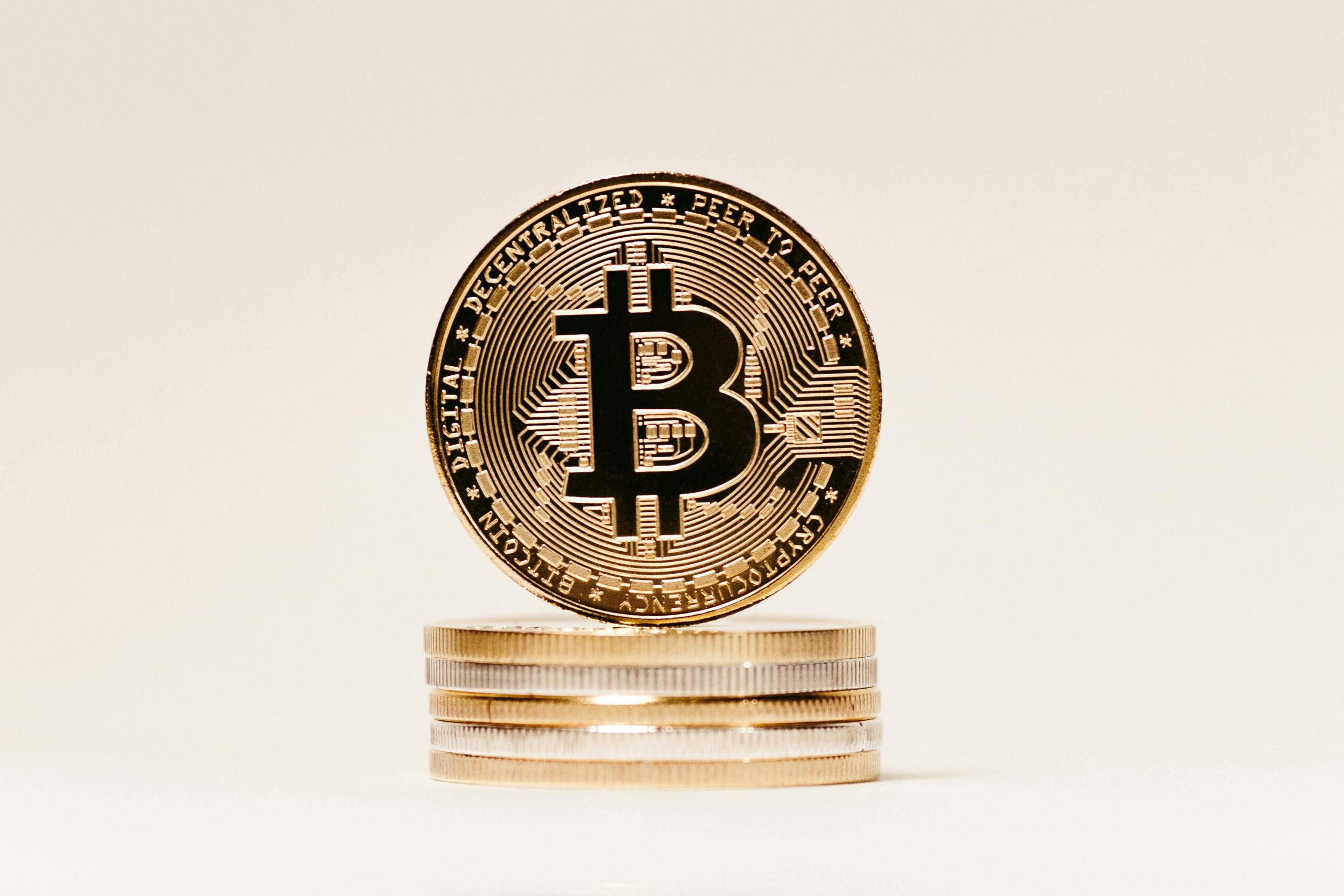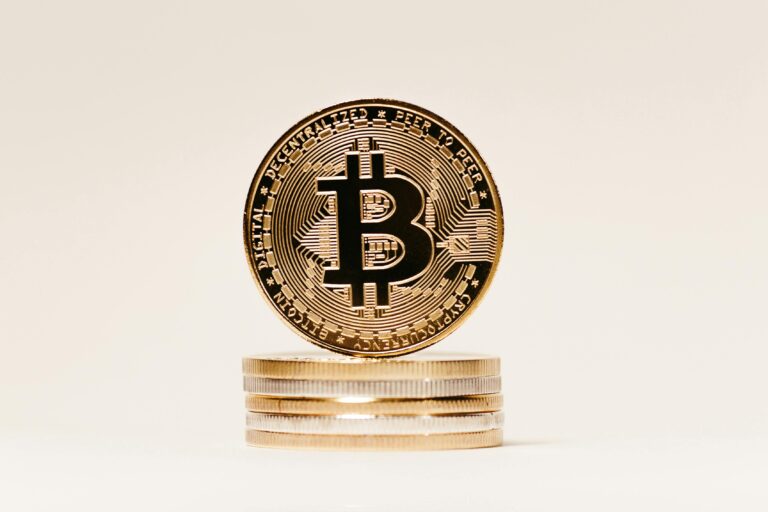
The real estate industry has long been known for its complexity, inefficiencies, and reliance on intermediaries. From lengthy paperwork and costly transactions to fraud risks and lack of transparency, buying and selling property has traditionally been a slow and expensive process. However, in 2025, blockchain technology is revolutionizing real estate transactions, making them faster, more secure, and more accessible.
Blockchain, a decentralized and immutable ledger, is eliminating many of the traditional pain points in real estate, such as fraud, lengthy closing times, and excessive fees. By digitizing contracts, automating processes, and enabling secure transactions, blockchain is reshaping the way properties are bought, sold, and managed. In this article, we’ll explore how blockchain is changing real estate transactions in 2025 and what the future holds for this technology.
Smart Contracts: Automating Real Estate Transactions
One of the most significant ways blockchain is transforming real estate is through smart contracts. These self-executing contracts use blockchain technology to automate and enforce the terms of an agreement, eliminating the need for intermediaries such as lawyers, brokers, and escrow services.
How Smart Contracts Work in Real Estate:
- When a buyer and seller agree on a deal, a smart contract is created on the blockchain.
- The contract contains all transaction details, including payment terms, property ownership records, and conditions for completion.
- Once conditions are met—such as the buyer depositing funds—the contract automatically executes, transferring ownership and releasing payments without manual intervention.
- This eliminates delays, reduces legal costs, and ensures that all parties meet their obligations transparently.
By replacing traditional legal and financial intermediaries, smart contracts make real estate transactions faster, more secure, and more cost-effective.
Tokenization of Real Estate: Fractional Ownership and Investment
Blockchain has introduced the concept of real estate tokenization, allowing properties to be divided into digital tokens that represent ownership stakes. These tokens can be bought, sold, or traded on blockchain-based marketplaces, making real estate investments more accessible.
Benefits of Real Estate Tokenization:
- Fractional Ownership: Instead of purchasing an entire property, investors can buy a fraction of a real estate asset, reducing entry barriers for small investors.
- Increased Liquidity: Unlike traditional real estate, which is illiquid, tokenized assets can be traded instantly on blockchain platforms.
- Global Investment Opportunities: Investors from anywhere in the world can buy and sell real estate tokens without needing to go through banks or intermediaries.
- Reduced Costs: Tokenization eliminates the need for expensive brokers, making real estate investing more affordable.
By enabling fractional ownership, blockchain is democratizing real estate investment, allowing more people to participate in property markets without needing large amounts of capital.
Blockchain-Based Property Titles and Deed Management
Title fraud and ownership disputes have long been challenges in real estate. Blockchain solves these issues by creating tamper-proof digital property records.
How Blockchain Secures Property Titles:
- Property titles and deeds are stored on an immutable blockchain ledger, ensuring they cannot be altered or forged.
- When a property is bought or sold, the blockchain automatically updates ownership records in real time.
- This eliminates the need for costly title insurance and minimizes disputes over property ownership.
- Buyers and sellers can verify the legitimacy of property records instantly, reducing fraud risks.
Countries and local governments are increasingly adopting blockchain for land registries, ensuring a more transparent and efficient system for managing property records.
Faster and More Secure Payments Through Cryptocurrency
Traditional real estate transactions involve multiple financial intermediaries, such as banks, escrow services, and payment processors. Blockchain streamlines the process by enabling direct cryptocurrency payments.
Advantages of Using Cryptocurrency in Real Estate Transactions:
- Faster Transactions: Unlike traditional bank transfers, which can take days, cryptocurrency payments are completed within minutes.
- Lower Transaction Fees: By eliminating banks and payment processors, blockchain reduces the cost of transactions.
- Borderless Payments: International real estate transactions become easier, as cryptocurrency allows buyers and sellers from different countries to transact without currency conversion fees.
- Enhanced Security: Blockchain ensures secure and transparent transactions, reducing the risk of fraud and chargebacks.
Cryptocurrency is becoming an increasingly popular payment method in real estate, especially in high-value transactions and international property deals.
Increased Transparency and Fraud Prevention
Fraud is a major issue in real estate, from fake property listings to identity theft. Blockchain enhances transparency and security by creating a decentralized and publicly verifiable record of transactions.
How Blockchain Prevents Fraud in Real Estate:
- Immutable Records: Once a transaction is recorded on the blockchain, it cannot be altered or deleted, ensuring the authenticity of property history and ownership.
- Identity Verification: Buyers, sellers, and agents must verify their identities through blockchain-based digital IDs, reducing the risk of fraudulent transactions.
- Decentralized Property Listings: Instead of relying on potentially unverified listings on real estate websites, blockchain-based property marketplaces ensure that all listings are legitimate.
By increasing transparency and security, blockchain is reducing fraud risks and creating a more trustworthy real estate ecosystem.
Decentralized Real Estate Marketplaces
In 2025, blockchain-powered decentralized real estate marketplaces are replacing traditional property listing websites. These platforms enable buyers and sellers to connect directly, without middlemen, making real estate transactions more efficient and affordable.
Features of Blockchain-Based Real Estate Marketplaces:
- Direct Peer-to-Peer Transactions: Buyers and sellers negotiate and complete transactions without agents or brokers.
- Verified Listings: Properties are verified through blockchain, ensuring authenticity and eliminating fake listings.
- Automated Escrow Services: Smart contracts handle escrow transactions, ensuring funds are released only when contract conditions are met.
- Global Accessibility: Buyers from any country can purchase properties without regulatory and financial barriers.
By eliminating third parties, blockchain-based real estate marketplaces are making property transactions faster, cheaper, and more accessible.
Challenges and Future Outlook
While blockchain is revolutionizing real estate, some challenges remain:
Regulatory Uncertainty
Governments and legal systems are still adapting to blockchain technology. Regulations need to catch up to support blockchain-based transactions while ensuring consumer protection.
Adoption Barriers
Many traditional real estate players—such as banks, title companies, and brokers—are resistant to change. Widespread adoption of blockchain will require education and industry-wide cooperation.
Security Concerns
While blockchain is highly secure, the risk of hacking or cyberattacks on digital wallets and smart contract vulnerabilities still exists. Strong security measures and regulatory frameworks are necessary.
Future Trends
- Governments are increasingly adopting blockchain for land registries and property taxes.
- More real estate platforms are integrating cryptocurrency payments and smart contracts.
- Institutional investors are using blockchain for large-scale property investments.
- AI and blockchain are being combined to automate real estate analytics and decision-making.

Blockchain is transforming real estate transactions in 2025, making them faster, more secure, and more accessible. From smart contracts and property tokenization to decentralized marketplaces and cryptocurrency payments, blockchain is eliminating inefficiencies and reducing costs in the real estate industry.
While challenges remain, the adoption of blockchain technology is accelerating, and its impact on real estate will continue to grow. As governments, businesses, and consumers embrace this technology, the future of real estate transactions will be more transparent, efficient, and secure than ever before.
For buyers, sellers, and investors, blockchain represents a new era of real estate—one where transactions are seamless, fraud is minimized, and opportunities are open to a global audience. The question is no longer if blockchain will change real estate, but how quickly the industry will fully embrace its potential.





